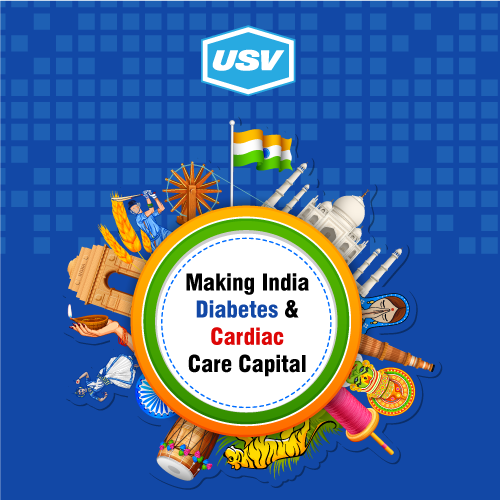Insulin increases central aortic stiffness in response to hyperglycemia in healthy humans: A randomized four-arm study

Increasing arterial stiffness indicates vascular aging that is accelerated by conditions such as diabetes mellitus that enhance cardiovascular risk. While data from many studies are available for divergence of carotid-femoral pulse wave velocity and augmentation index in diabetic patients, the mechanisms responsible for this are unclear. Hence, William B Horton and colleagues conducted research under the title “Insulin increases central aortic stiffness in response to hyperglycemia in healthy humans: A randomized four-arm study” published in Diabetes & Vascular Disease Research journal. The summary of this study is given below:
Objective:
To quantify the independent effects of high concentrations of glucose, insulin, and both on arterial stiffness in healthy humans.
Method:
The study is a four-arm, randomized study conducted with healthy young adults. Investigators tested the effect of acutely and independently increasing plasma insulin, plasma glucose, or both on hemodynamic function and markers of arterial stiffness. These markers include augmentation index, carotid-femoral pulse wave velocity, wave reflection magnitude, and forward and backward wave reflection amplitude.
Findings:
The study concludes that hyperglycemic-hyperinsulinemia acutely increases carotid-femoral pulse wave velocity (cfPWV), mean arterial pressure, heart rate, and diastolic blood pressure without affecting systolic blood pressure in healthy humans. These conditions perhaps reflect an enhanced sympathetic tone. As repeated bouts of hyperglycemia with hyperinsulinemia occurs in persons with DM and insulin-resistant syndromes, future studies should study the effect of this condition on causing chronically enhanced arterial stiffness.
Limitation:
Firstly, there was a small sample size and the study protocol didn’t allow the investigators to examine between-protocol differences. Secondly, there is a chance that persons with diabetes, in old age, or less healthy might respond differently to study protocols. Thirdly, conflicting data exists in regards to the use of AIx in evaluating arterial stiffness despite it being used widely. Hence as per AHA recommendation, Pf, Pb, and RM are examined in this study. Lastly, octreotide (OCT) has influenced the observed vascular response in an unknown manner.
Image Credit : Woman vector created by pch.vector – www.freepik.com





